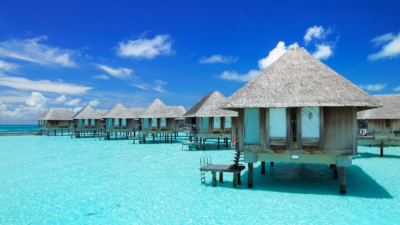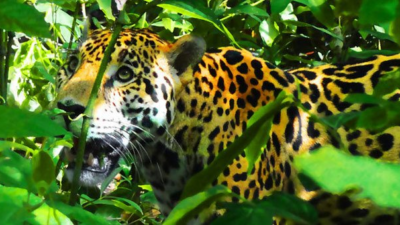Sri Lanka, an island nation renowned for its rich cultural heritage and stunning landscapes, is also home to a diverse tapestry of beliefs and practices that define its identity. The topic of Sri Lanka religion is not only relevant but also fascinating, as it reflects the historical evolution and the coexistence of various faiths within a single nation. By exploring the major religions practiced in Sri Lanka, one can gain insight into the traditions, rituals, and communal harmony that characterize this vibrant society. In this article, we will delve into the major religions, their historical significance, and their impact on contemporary Sri Lankan life.
Buddhism: The Dominant Religion
Buddhism stands as the predominant religion in Sri Lanka, with approximately 70% of the population identifying as Buddhists. This ancient faith was introduced to the island in the 3rd century BCE by Emperor Ashoka’s son, Mahinda. The teachings of Siddhartha Gautama, the Buddha, emphasize the Four Noble Truths and the Eightfold Path, which guide followers toward enlightenment. The influence of Buddhism is deeply woven into the fabric of Sri Lankan culture, manifesting in art, architecture, and social norms.

The majority of Buddhists in Sri Lanka adhere to the Theravada tradition, which is considered the oldest form of Buddhism. Temples, stupas, and shrines dedicated to Buddha are prevalent throughout the country, with the Temple of the Tooth in Kandy being one of the most revered sites. Festivals such as Vesak, commemorating the birth, enlightenment, and death of Buddha, are celebrated with great fervor, showcasing the spiritual devotion of the Sri Lankan people.
Hinduism: A Significant Minority
Hinduism is the second-largest religion in Sri Lanka, practiced by around 12.6% of the population, primarily by the Tamil ethnic group residing in the Northern and Eastern provinces. The faith, characterized by its diversity of beliefs and practices, encompasses a wide range of deities, rituals, and philosophies. Hindu temples, with their intricate architecture and vibrant festivals, play a crucial role in the spiritual life of the Tamil community.
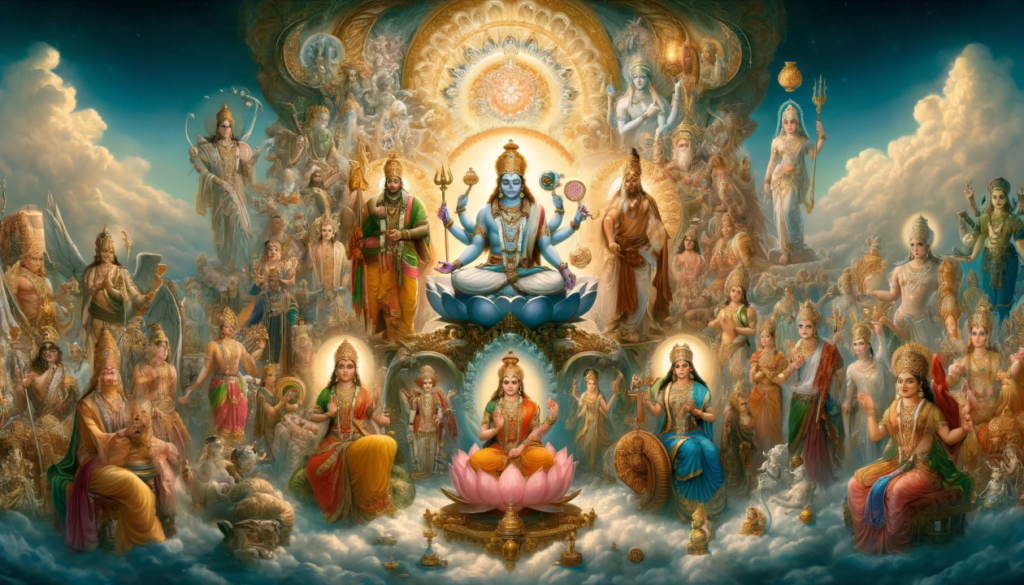
Key Beliefs and Practices
Hinduism in Sri Lanka is marked by the worship of major deities such as Shiva, Vishnu, and Durga, each representing various aspects of life and the cosmos. The Hindu calendar is filled with festivals, including Thaipusam and Pongal, which celebrate the agricultural cycle and uphold community bonds. Temples like the Nallur Kandaswamy Kovil in Jaffna attract devotees and tourists alike, highlighting the rich cultural heritage that Hinduism contributes to Sri Lanka.
Influence on Sri Lankan Culture
The influence of Hinduism permeates various aspects of Sri Lankan culture, from music and dance to cuisine and festivals. The vibrant traditional dances, such as Bharatanatyam and Kathakali, often depict mythological stories and are an integral part of Hindu celebrations. Furthermore, the Tamil language, rich in literature and poetry, is deeply intertwined with Hindu philosophy and teachings, making it a significant aspect of Sri Lankan identity.
Islam: A Growing Community
Islam is practiced by approximately 9.7% of the Sri Lankan population, with Muslims primarily belonging to the Moors and Malays ethnic groups. The arrival of Islam in Sri Lanka can be traced back to Arab traders in the 7th century, who established a robust trade network along the island’s coast. Over the centuries, the Muslim community has flourished, contributing significantly to the country’s social and economic landscape.

Core Beliefs and Practices
Islam in Sri Lanka adheres predominantly to the Sunni branch, with a strong emphasis on the Five Pillars of Islam, which include faith, prayer, almsgiving, fasting, and pilgrimage. Mosques are central to community life, serving as places for worship, education, and social gatherings. The celebration of Eid al-Fitr and Eid al-Adha reflects the community’s spiritual commitment and is marked by festive activities and communal feasting.
Contributions to Sri Lankan Society
Muslims in Sri Lanka play a vital role in various sectors, including trade, agriculture, and education. The culinary landscape is also enriched by Muslim traditions, with dishes like biryani and halwa becoming integral to Sri Lankan cuisine. The vibrant markets, particularly in coastal areas, showcase the entrepreneurial spirit of the Muslim community, contributing to the country’s economic diversity.
Christianity: A Historical Presence
Christianity has a long-standing presence in Sri Lanka, with approximately 7.6% of the population identifying as Christians. The religion was introduced during the colonial period, with Portuguese and Dutch missionaries playing significant roles in its spread. Today, Christianity is represented by various denominations, including Roman Catholicism, Anglicanism, and Protestantism.
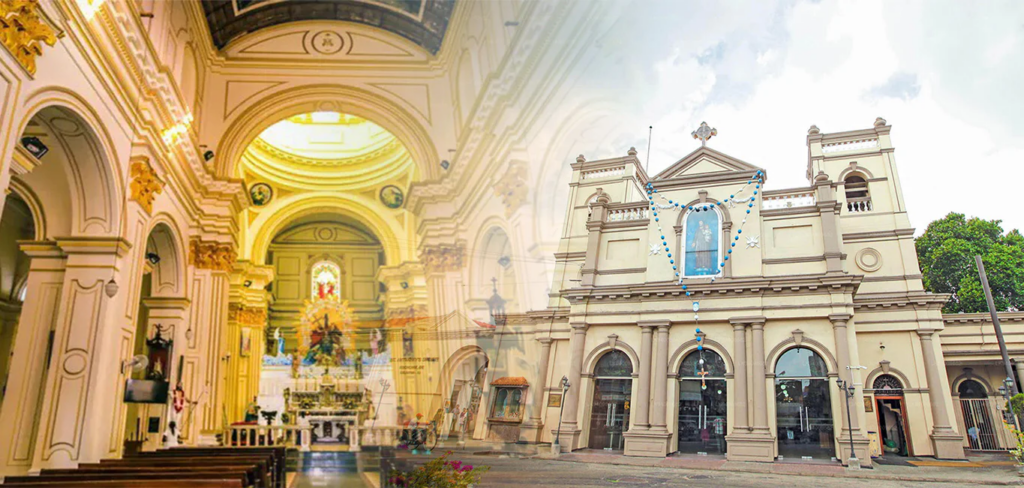
Religious Practices and Community Life
Christian practices in Sri Lanka are characterized by vibrant celebrations, particularly Christmas and Easter, which are marked by church services, feasting, and community gatherings. The Catholic Church is particularly influential, with numerous churches and schools established across the country. The historic St. Anthony’s Shrine in Colombo attracts thousands of pilgrims and tourists annually, showcasing the deep-rooted faith and traditions of the Christian community.
Impact on Education and Social Services
Christian organizations have historically contributed to education and social services in Sri Lanka. Many schools and hospitals were founded by missionaries, providing essential services to communities across the island. The Christian community continues to play a crucial role in humanitarian efforts, particularly in times of crisis, exemplifying the spirit of compassion and service that is central to their faith.
Indigenous Beliefs: A Unique Blend
In addition to the major religions, indigenous beliefs and practices continue to play a role in the spiritual lives of some Sri Lankans. These belief systems, often referred to as “Veddah beliefs,” are rooted in the traditions of the indigenous Veddah people. They involve a deep connection to nature, ancestral spirits, and rituals that promote harmony with the environment.
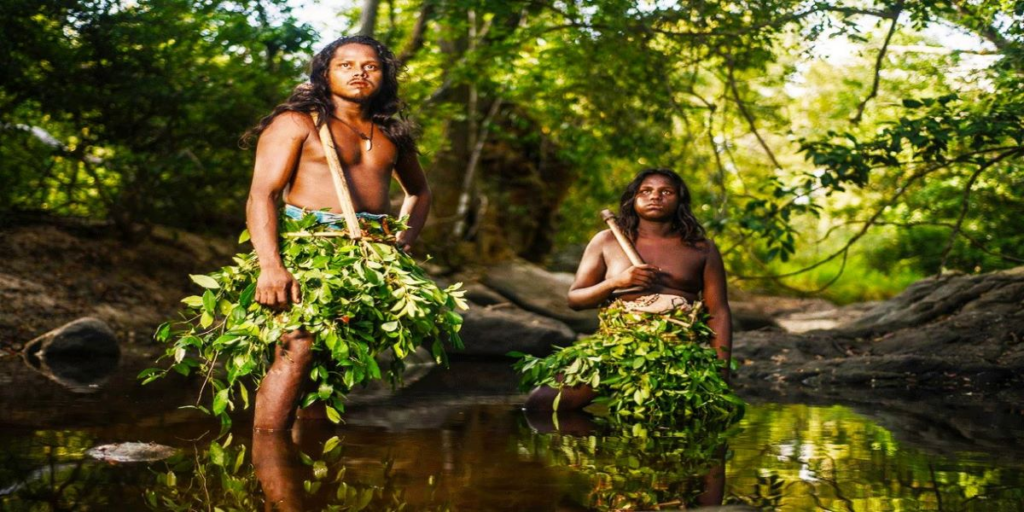
Traditional Practices and Rituals
Indigenous rituals often involve offerings to nature spirits and ancestors, reflecting a profound respect for the land and its resources. These practices are intertwined with the daily lives of the Veddah, who rely on nature for sustenance and spiritual fulfillment. The preservation of these traditions is vital for maintaining cultural diversity and acknowledging the unique history of Sri Lanka.
Challenges and Preservation Efforts
Despite the rich tapestry of indigenous beliefs, these traditions face challenges from modernization and cultural assimilation. Efforts are being made by various organizations to document and preserve Veddah culture, ensuring that future generations can appreciate and learn from their ancestral heritage. This preservation is crucial not only for the Veddah people but also for the broader Sri Lankan identity.
Conclusion
Sri Lanka’s religious landscape is a vibrant mosaic reflecting the island’s history, culture, and diversity. From the predominant influence of Buddhism to the significant presence of Hinduism, Islam, and Christianity, each faith contributes uniquely to the nation’s identity. Additionally, the enduring presence of indigenous beliefs enriches the cultural fabric, reminding us of the importance of preserving all traditions. Understanding Sri Lanka religion is essential for appreciating its people, their shared experiences, and their quest for harmony in a diverse society.
FAQs
What is the most practiced religion in Sri Lanka?
Buddhism is the most practiced religion in Sri Lanka, with approximately 70% of the population identifying as Buddhists.
Are there any indigenous religions in Sri Lanka?
Yes, indigenous beliefs practiced by the Veddah people are present in Sri Lanka, reflecting a deep connection to nature and ancestral spirits.
How does Hinduism influence Sri Lankan culture?
Hinduism significantly influences Sri Lankan culture through its festivals, rituals, arts, and the Tamil language, enriching the nation’s cultural heritage.
What role does Christianity play in Sri Lanka?
Christianity has a long-standing presence in Sri Lanka, contributing to education, healthcare, and social services, and is represented by various denominations.
How do different religions coexist in Sri Lanka?
The major religions in Sri Lanka coexist through mutual respect and cultural exchange, often participating in each other’s festivals and community events.


